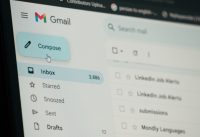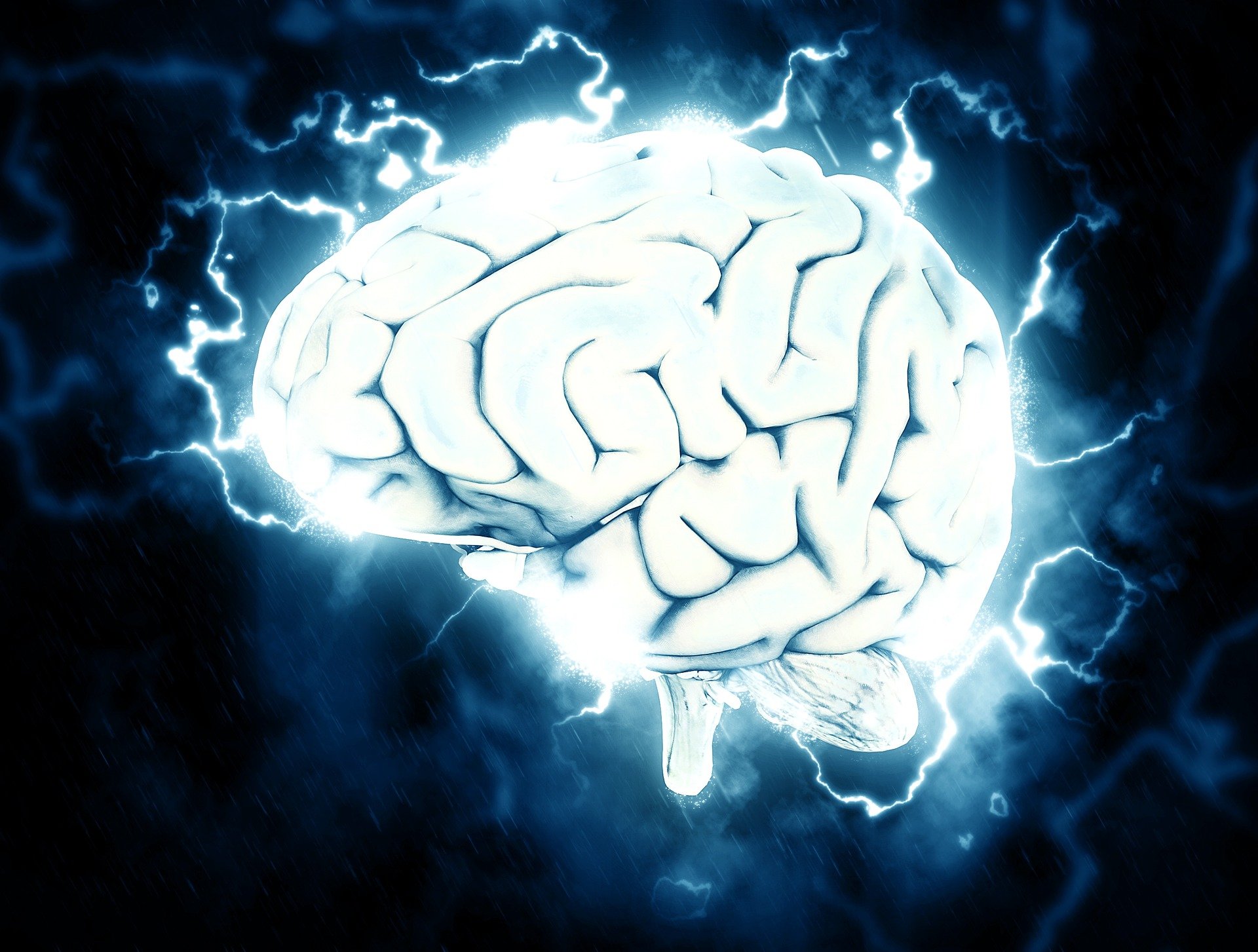Salesforce is Adding Einstein Analytics AI to Tableau

The company finalized its purchase of Tableau Software in August 2019. That was a $15.7 billion acquisition. IT folks were wondering what the acquisition might mean for them. A little over a year later, Tableau has given us a bit of insight. Tableau has announced that they will be rebranding Salesforce Einstein Analytics as Tableau CRM. Einstein’s analytics capabilities are going to be integrated into Tableau’s other offerings.
Earlier this year we brought together the Tableau and Einstein Analytics teams under one roof. All of those resources all report up to me and they have all year. Everything from development to marketing to the Einstein Analytics sales teams. All things analytics are now with us.
Adam Selipsky
First of all, the whole point of this is to make Tableau the analytics brand for all of Salesforce. Also, to integrate Einstein Analytics’ advanced analytics capabilities. These capabilities include prescriptive and predictive analytics.
Francois Ajenstat said that there are no plans to change packaging and pricing for any of Tableau’s software.
The integration process will happen in several stages. Einstein Discovery will be the first thing to be integrated from Salesforce. This is will be complete early next year. For those that are unfamiliar, Einstein Discovery is a machine learning platform for analytics.
It’s this powerful engine that learns as people start using it and can start telling you what might happen, automated insights. Then it gives you some insights as to what actions you can take to improve the predictions.
Francois Ajenstat
Salesforce is Democratizing data science
Einstein Discovery helps people find important patterns in their data. So, it’s really useful. This is able to be done without needing to rely on data scientists or build sophisticated data models.
What’s the likelihood that an employee will attrit? Or you might want to use it for supply chain analytics and see where there might be defects and predict where the next defects will be. You can use it for healthcare analytics.
Francois Ajenstat
Related post: Engineers Pre-Train AI to Increase Its Power Even More




